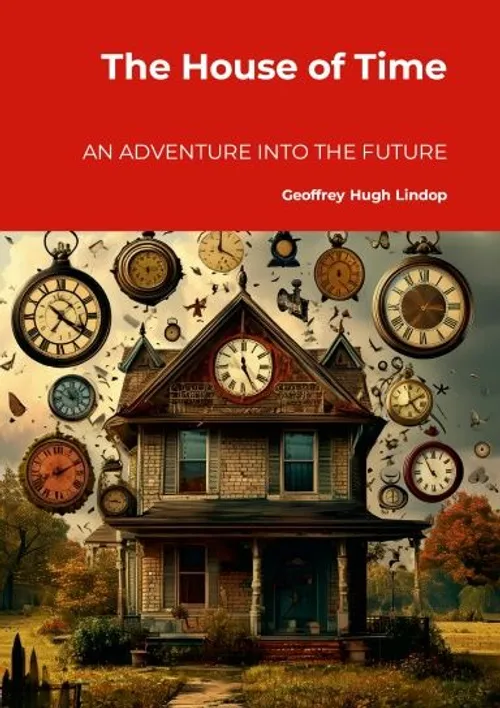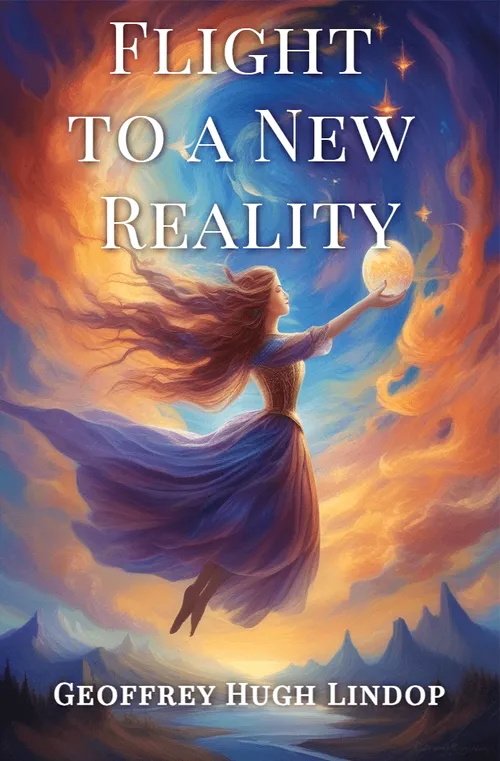RICHARD:
Welcome back to Breakfast With Richard. This morning we’re asking: When does historical fiction go too far? Joining us from Philadelphia is Gillian Sutton, whose lecture yesterday at the International History Convention received a standing ovation for its meticulous analysis of Queen Margaret of Anjou. Gillian, thank you for joining us.
GILLIAN:
Thank you for having me, Richard.
RICHARD:
Also with us is Caroline Venn, bestselling author of numerous historical novels, most recently The Private Voyages of Sir Francis Drake, which has been flying off the shelves. Caroline, good morning.
CAROLINE:
Good morning, Richard. It’s a pleasure to be here.
RICHARD:
Let’s start with The Monks of College Fields, by Marianne Maclauren. Gillian, you’ve read the book. What’s your view?
GILLIAN:
I think it’s important to distinguish storytelling from scholarship. While fiction can illuminate the past in creative ways, it becomes problematic when it misleads readers about fundamental truths. In The Monks of College Fields, there are numerous instances where the narrative strays from any known historical record — and does so without signalling that it’s speculative.
RICHARD:
Can you give an example?
GILLIAN:
Certainly. The book describes a secret order of monks supposedly operating in Shropshire during the 14th century, involved in clandestine political plots. There is no evidence whatsoever of such a monastic presence at College Fields. There is no trace of a priory, and the Domesday records make no mention of one.
RICHARD:
Caroline, you’ve written novels that blend fact and fiction — your new book about Sir Francis Drake is a huge success. How do you approach this balance?
CAROLINE:
I think it’s about being transparent with the reader. My story includes real events — Drake’s voyages, his encounters with the Spanish — but I also create fictional characters to fill in the gaps. For example, I invented a companion called Nicholas Fenmore, who travels with Drake. But I’m clear in the author’s note that Nicholas never existed.
GILLIAN:
And that’s exactly the issue. Many readers don’t reach the author’s note, or they read quickly and assume everything is grounded in fact. If you write vividly enough, people will come away believing Francis Drake had a trusted friend named Nicholas Fenmore.
CAROLINE:
But isn’t that part of the appeal of historical fiction? To imagine what might have happened?
GILLIAN:
It is — but when you place invented people alongside real figures without signalling it clearly in the text itself, it becomes very difficult for readers to tell what’s authentic.
RICHARD:
Caroline, were you concerned about that risk?
CAROLINE:
I think readers are intelligent. They know a novel isn’t a primary source. My hope is that if they’re curious, they’ll look further.
GILLIAN:
But in practice, many don’t. And when fiction dominates the public imagination, it can crowd out real history.
RICHARD:
Strong views. Caroline, do you feel your work respects history?
CAROLINE:
Absolutely. I love history. I just believe it can be made accessible without sacrificing storytelling.
GILLIAN:
And if I may add, it’s a pity Marianne Maclauren isn’t here to answer some of this directly. The delegates at the conference took issue with her approach, not Caroline’s. Caroline has always made her intentions clearer than Marianne does.
RICHARD:
Fair point. Dr Gillian Sutton, Caroline Venn, thank you both for joining us on Breakfast With Richard. The debate clearly will go on.
***
“Alright, we’re off air.” Maya walked over. “That was a real nice segment, Gill. You didn’t miss a beat.”
Gillian smiled politely. “Thank you. It was a privilege.”
She stood, smoothing her jacket. As she followed the manager off the studio floor, her smile fell a few millimetres. She was tired — and exposed in a way unseen by others.
“Hope you don’t mind me sayin’ — I know it wasn’t your thing, but I actually loved The Monks of College Fields.”
Gillian was caught off guard. “Oh?”
“Yeah. I mean, it ain’t history or nothin’, but the way she writes — Marianne Maclauren? Just beautiful. I read it twice. Some parts even had me choked up.”
“That’s… interesting.”
They reached the door to the Control Room.
“I dunno, I always think it’s kinda brave, y’know? When somebody tries somethin’ different, even if folks ain’t feelin’ it. That orchard scene everybody hates? I thought it was great.”
As Maya opened the door onto the corridor, Gillian nodded her thanks, her lips tight.
Maya winked. “Anyway, you were awesome, too. Real sharp. Totally nailed it.”
The door swung closed behind her.
Gillian stood just beyond the sliding doors of the studio, where the warm smell of stale coffee and bright lights gave way to the chill of early morning. A film of dew silvered the pavement. She folded her arms against the cold and let out a slow breath, watching it billow into the dark.
The street was nearly empty, the only movement a delivery lorry crawling past with its hazard lights blinking. In the tinted glass of the lobby window, she caught her reflection: tall, composed, her hair still immaculate from the broadcast. But up close, she could see the exhaustion—the faint smudge of mascara at the corner of her eye, the tension set deep into her mouth.
She had done it. Hours of preparation, months of research distilled into a few minutes under the studio lights. A part of her still buzzed with adrenaline; another part felt strangely hollow, as though she’d left some hidden piece of herself on the set.
Somewhere down the road, she saw the taxi’s headlights approaching. She shifted her bag higher on her shoulder, almost ready to leave, when—
Brrrzzzt.
Her phone buzzed sharply in her coat pocket, slicing the silence.
She blinked, pulled abruptly back to the present. The name flashing on the screen stilled her for a moment: Frank, her
brother.
She hesitated, then answered with a genuine smile. “Hey, you saw it?”
“Are you kidding?” His voice was warm, full of pride. “You were brilliant. Calm. Clever. Ruthless, even. Mum would’ve loved that bit about “creative liberties overshadowing fact.”
She laughed — really laughed — the first time all day.
“I mean it, Gilly. You’ve worked so hard for this. All those nights with your nose in court rolls and Latin footnotes. And now you’re out there — on national TV — showing the country what a real historian looks like.”
She closed her eyes. That familiar ache bloomed in her chest — love, and the unbearable weight of omission.
“Thanks, Frankie.”
“I’ve always said you’re the clever one. You’ve got that Sutton brain. You and me — we’ve never had secrets, have we?”
A silence followed. Too brief to notice. Too long to ignore.
“No. Never.” Guilt stabbed through her brain. She was unable to tell Frank her secret. Not even Frank. Would she carry it to her grave - untold.






This story has not been rated yet. Login to review this story.